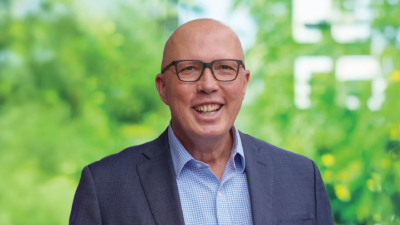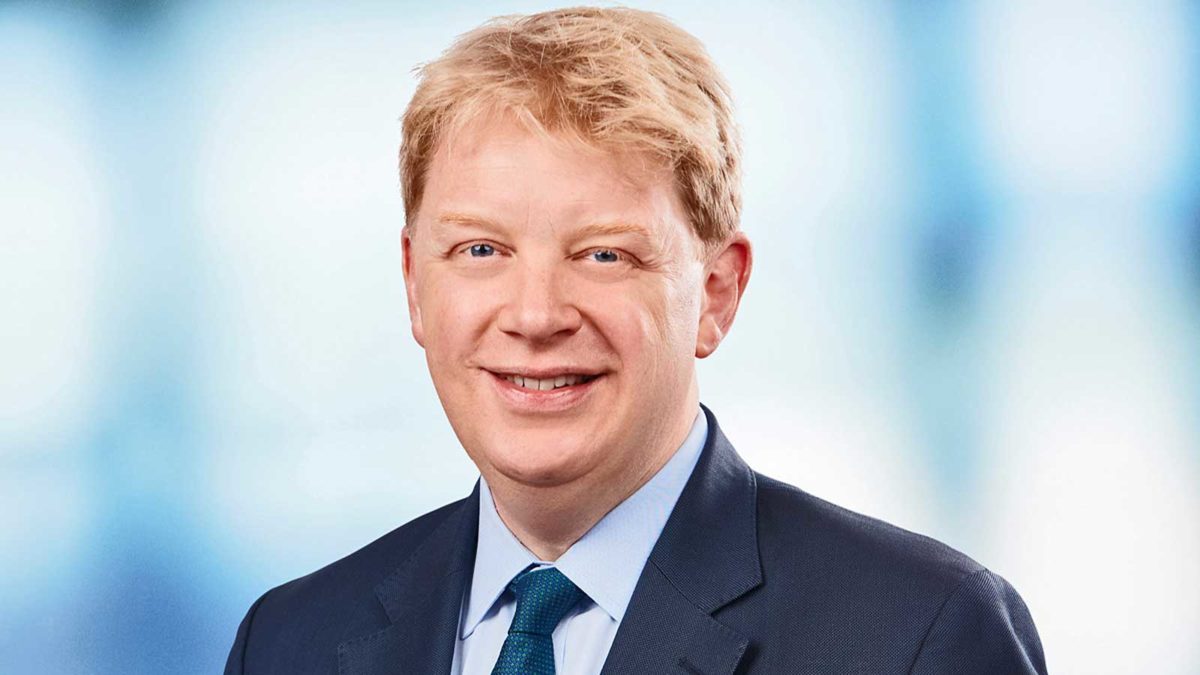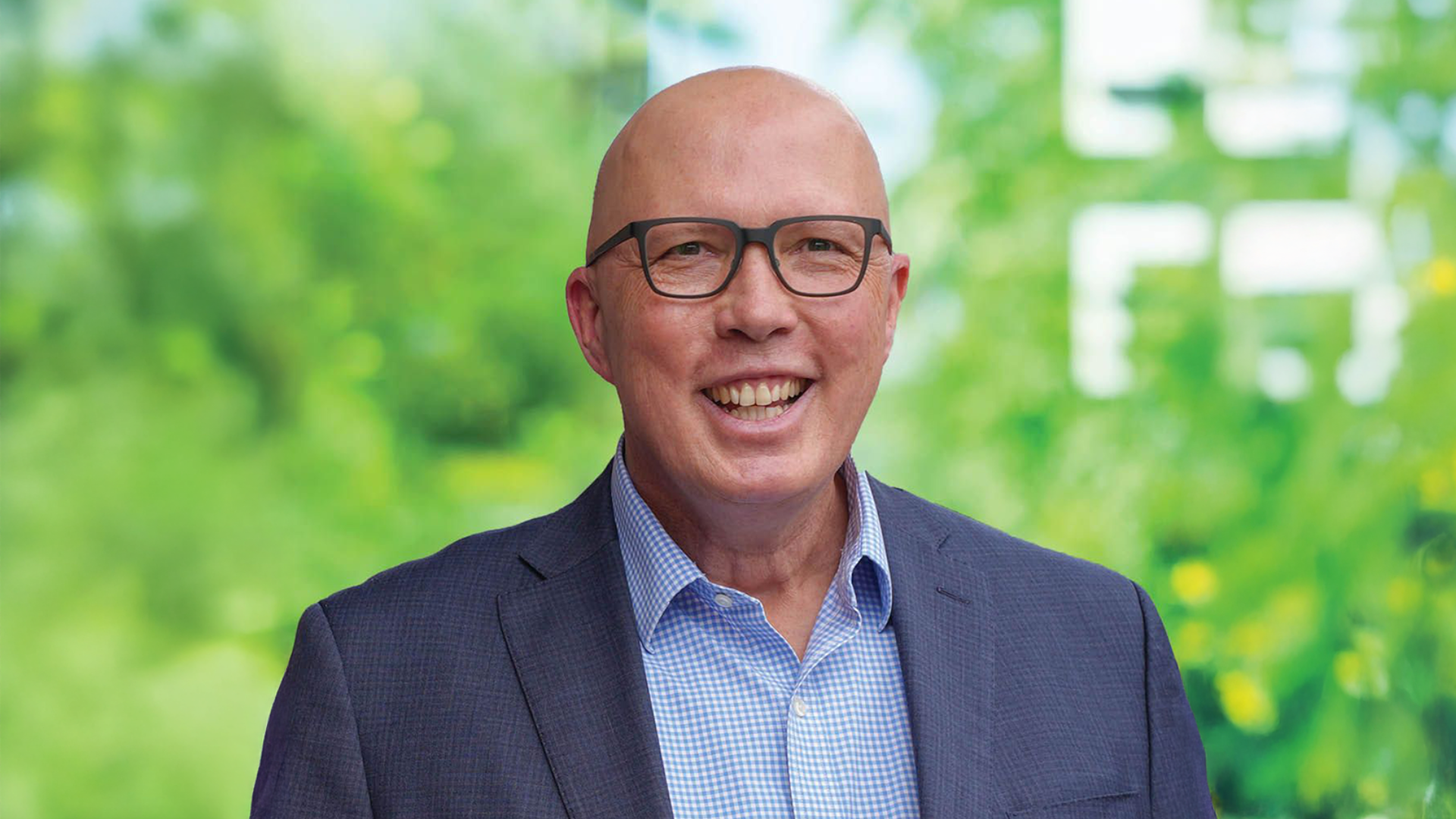Allspring set for Australasian assault
Allspring Global Investments has launched an expansion into Australia and New Zealand led by new regional chief executive, Andy Sowerby. If history is a guide, the rollout of institutional funds management capabilities will be rapid.
Sowerby, like Joe Sullivan, Allspring’s chairman and CEO, hails from Legg Mason, where he was the Melbourne-based regional head prior to the firm’s purchase by Franklin Templeton in 2020. Sullivan was previously chairman and CEO of Legg Mason.
The ‘spring’ and the ‘global’ are key components of the new name in Sowerby’s mind. It’s a genuine rebirth, after 51 years of bank ownership, with the whole world the field to sow. While the company maintains significant operations in San Francisco, it is now headquartered in Charlotte, North Carolina.
Sowerby describes Allspring Global as being “like a start-up at scale”. He says it has “a proud investment heritage and a pioneering spirit”. It has “global aspirations for a global client base with global staffing”.
After he joined Legg Mason in 2016, as country head of Australia and NZ based in Melbourne, and later as APAC head, he hit the ground running, as they say. Moving from Edinburgh, where he had been global sales and marketing head for the former affiliate Martin Currie (now also part of Franklin Templeton), he embarked on a rapid expansion program.
This included the launch of managed ETFs with Betashares, and a range of new funds in both Australia and NZ, including the popular income equities strategies. In NZ, a revamped lineup included a retail PIE (portfolio investment entities, a tax structure used for all KiwiSaver default funds). Legg Mason’s marketing and staffing expanded in line.
With Allspring Global, as it was with Martin Currie, the institutional market is the prime focus, at least for the time being. Australia’s consolidation among funds, combined with the YFYS performance test, is making this market more challenging for funds managers.
The two private equity firms which now own about 70 per cent of Allspring Global Investments agreed to pay US$2.1 billion for the former Wells Fargo Asset Management in February last year. Management and staff own just over 20 per cent and Wells Fargo & Co, the fourth-largest US bank, has retained 9.9 per cent.
The private equity partners both have specialist knowledge of and interests in financial services. They are Chicago-based GTCR, founded in 1980, which also invests across technology and media sectors, and New York-based Reverence Capital Partners, founded in 2013, which focuses on asset and wealth management as well as the tech-heavy admin, payments and depositories parts of capital markets.
Sowerby’s first portfolio manager to visit since he opened for business in early February is Harindra de Silva of the Analytic Investors team based in San Francisco, who will be in Australia for the week starting March 28. He will be accompanied by Martha Delgado, sales director for international business, who has been working with the Australian, NZ and Latin American clients for the past 10 years.
The quantitative, quantamental and multi-asset teams across the firm have recently been brought together under the ‘Systematic Edge’ banner, which includes a number of former asset consultants who operate as ‘solutions managers’, coming up with bespoke ideas and solving problems for, and with, clients.
Sowerby sees this group as a major differentiator for Allspring Global with “the team’s ability to partner with clients, help diagnose issues and design customized solutions that are truly fit for purpose”.
It was the analytics team at the old Wells Fargo AM that developed what is believed to be the first index strategy for the institutional market in the US, not long after the inception of the business in 1970.
Another of the earliest products which showed the firm’s stripes in the quant space and retains its currency about 50 years later is a volatility risk-premia strategy.
More recently, Wells Fargo AM was one of the first managers to market alpha extension strategies – generally known as 130:30 or 120:20 funds – and target-date funds and strategies for pension funds.
On completion of the transaction with Wells Fargo on November 1 last, Allspring Global had US$575 billion under management. This is split roughly into thirds, with about US$200 billion in short-duration fixed income, money market funds and cash with a US-dollar focus, another $200 billion in fixed income mandates from global sovereign through investment grade strategies and a ‘plus’ team which runs high yield, emerging market debt and asset-backed securities strategies. The remainder of just under US$200 billion is in a range of equities strategies.
The firm’s pedigree in ESG is strong as well. A recent addition to the investment grade fixed income funds lineup is a climate transition strategy for investment grade credit. Seeded by UK’s NEST (National Entitlement Security Trust) workplace pension scheme, the strategy’s securities represent a total carbon footprint of more than 30 per cent below the broad index. It has a target outperformance of 75bps a year and an aggregate net zero emissions target by 2050.
Sowerby, who is expecting a lot of interest from Australian and NZ investors in particular, points out that the broad-market benchmark and target return fit neatly with the sorts of strategies APRA-regulated funds are looking for under the Government’s YFYS legislation.
Having been actively involved in the ESG philosophies and processes at both Martin Currie and Legg Mason previously, he says: “We are elevating investments to be worth more. It’s about producing outcomes which are not only financial. We are sitting down with our clients and wanting to know what they are trying to achieve.”
Continuing downward pressure on fees, coupled with increased index sensitivity for big Australian super funds at least, also play into the hands of smart-beta providers, such as Allspring Global.
Sowerby says that quantitative investing is becoming increasingly active, involving the adjustment of factor exposures to market conditions, rotating and blending factors to suit the cycle and identifying new factors that affect market prices.
Among its fundamental strategies, the manager has “deep capabilities” in emerging markets equities, he says. There are two teams operating under separate names: Berkeley Street in Boston which has a growth bias and SF Global in San Francisco which has an income bias. Both teams embed ESG analyses in their approaches. SF Global also has dedicated China portfolios that Sowerby believes will be of interest. He is keen to introduce these capabilities to the market during the year ahead.
He thinks that Australian and NZ investors will be interested, too, in the firm’s global small-cap equities capability. This is differentiated from most others by looking to take advantage of inefficiencies in a company’s capital structure.
The small-cap team believes that the investment community overly focuses on a company’s income statement. The analysts believe there is insufficient focus on the balance sheet and the value that can be created is often not properly priced into the stock.
Looking at what sets Allspring Global apart from many other big global firms, Sowerby says that almost all of the key investment staff have an alignment of interests with clients through their share ownership. There are about 480 investment staff out of a total staff of more than 1,400.
More importantly, he adds: “The new-found independence has prompted a sense of renewal, of energy and collectiveness to build the business that we want to be and the business we need to be… That’s a once-in-a-lifetime opportunity.”











